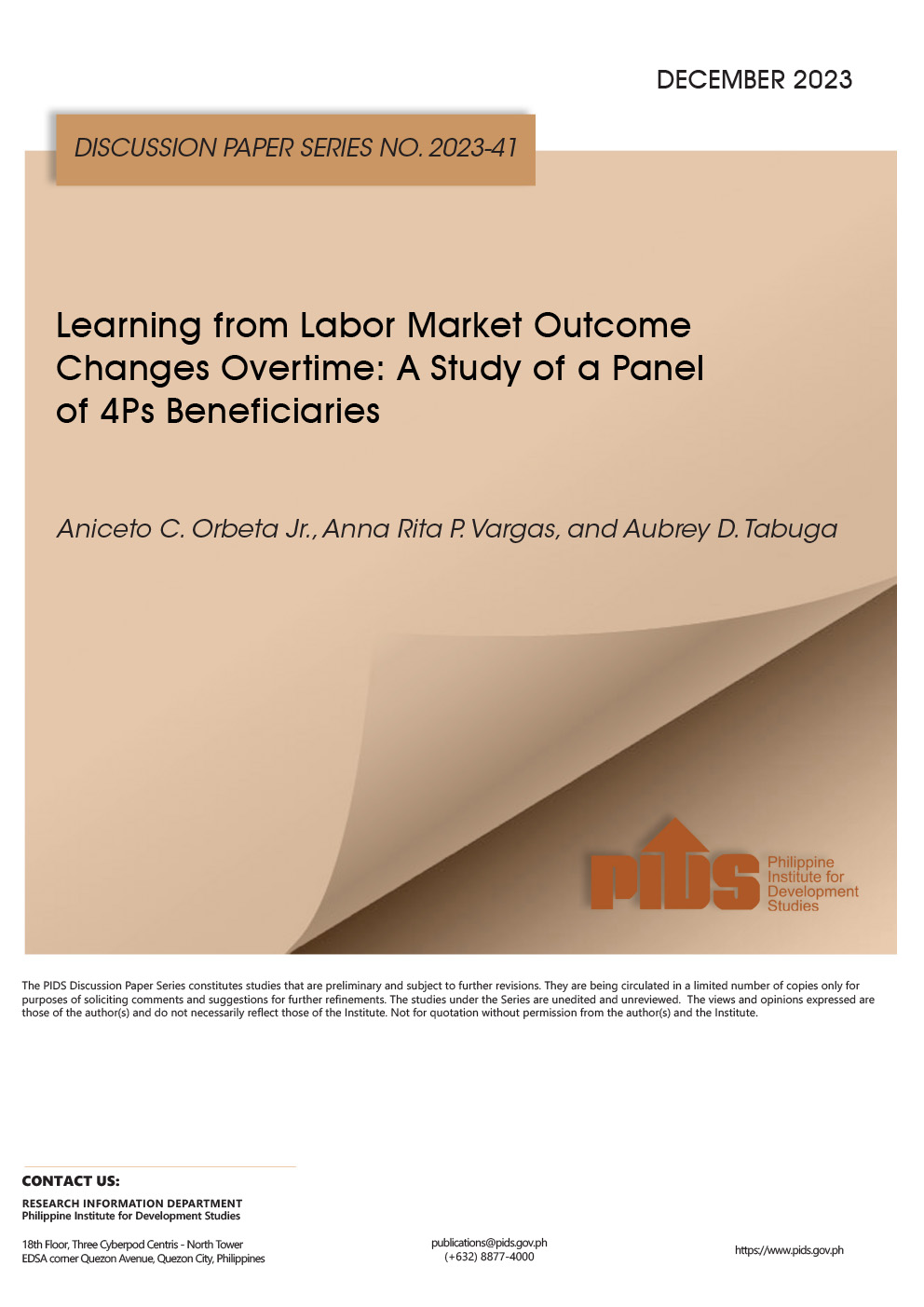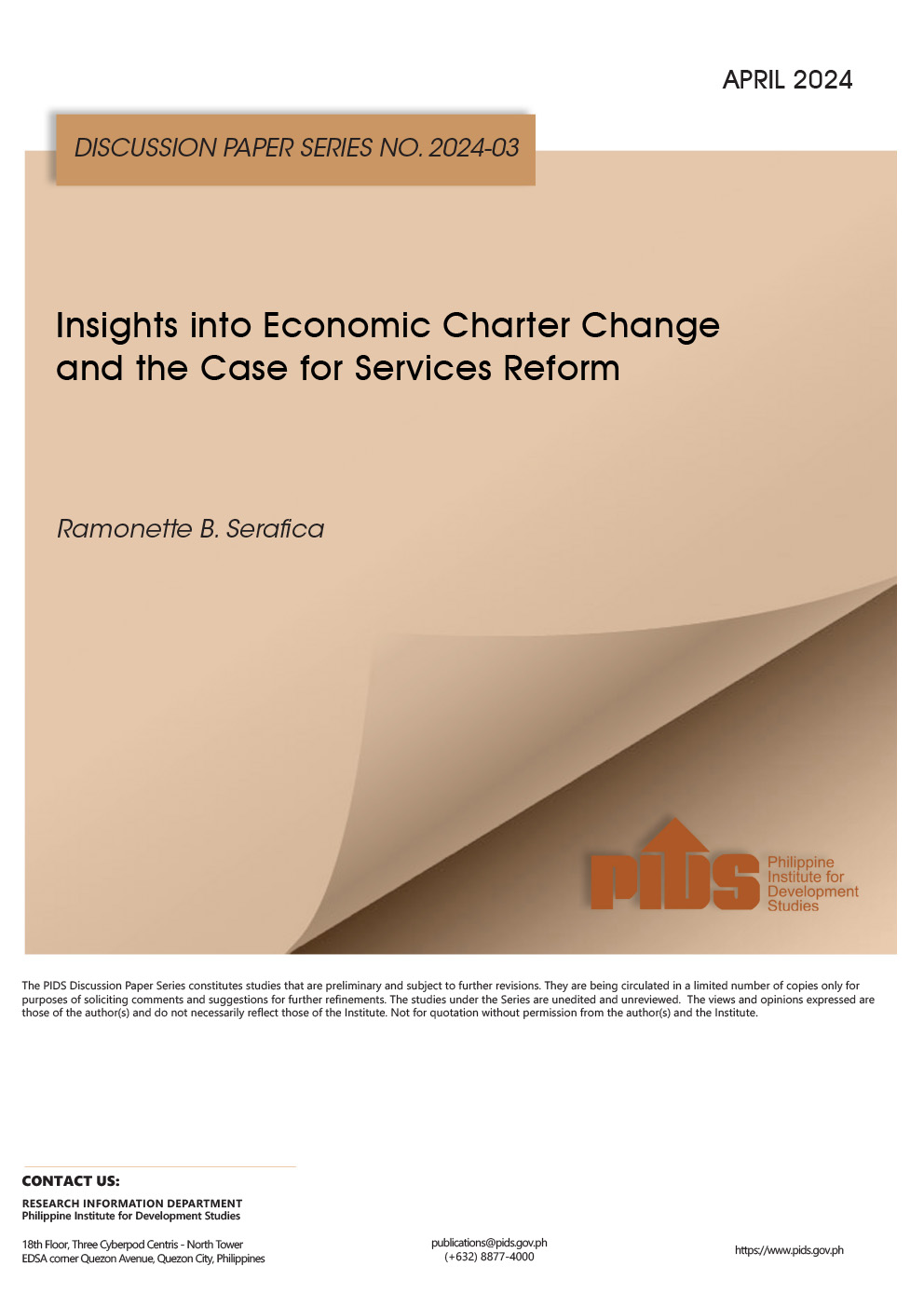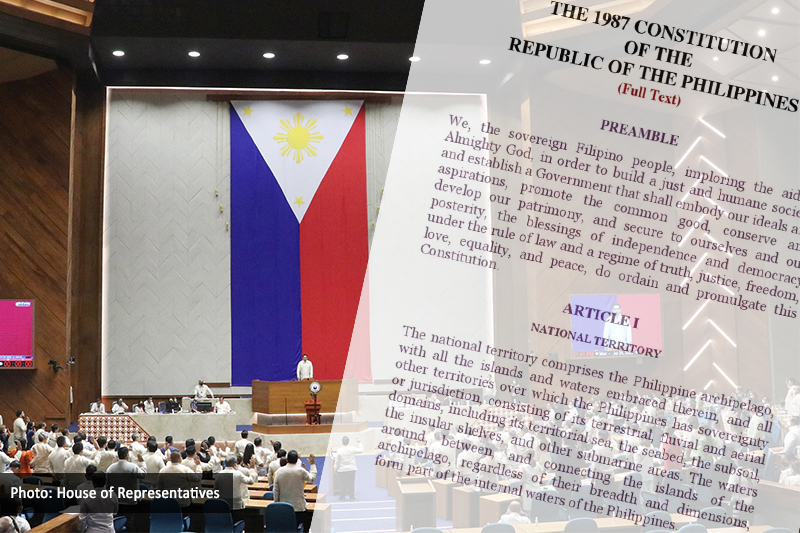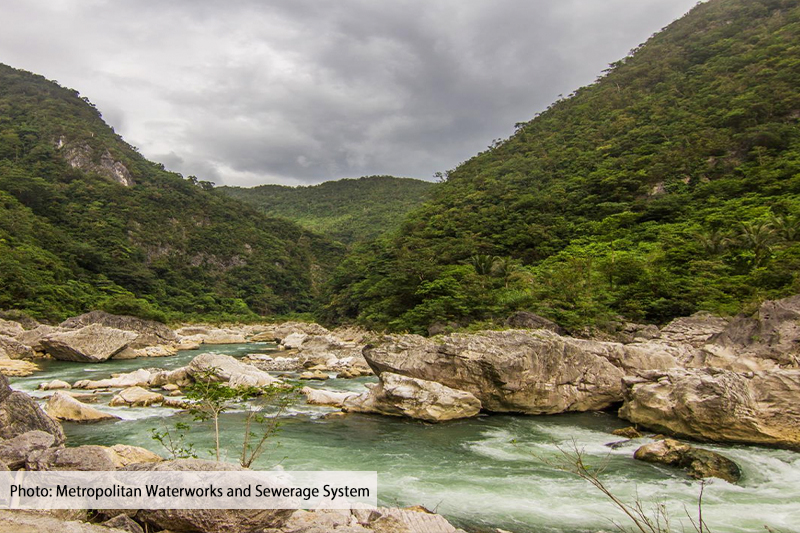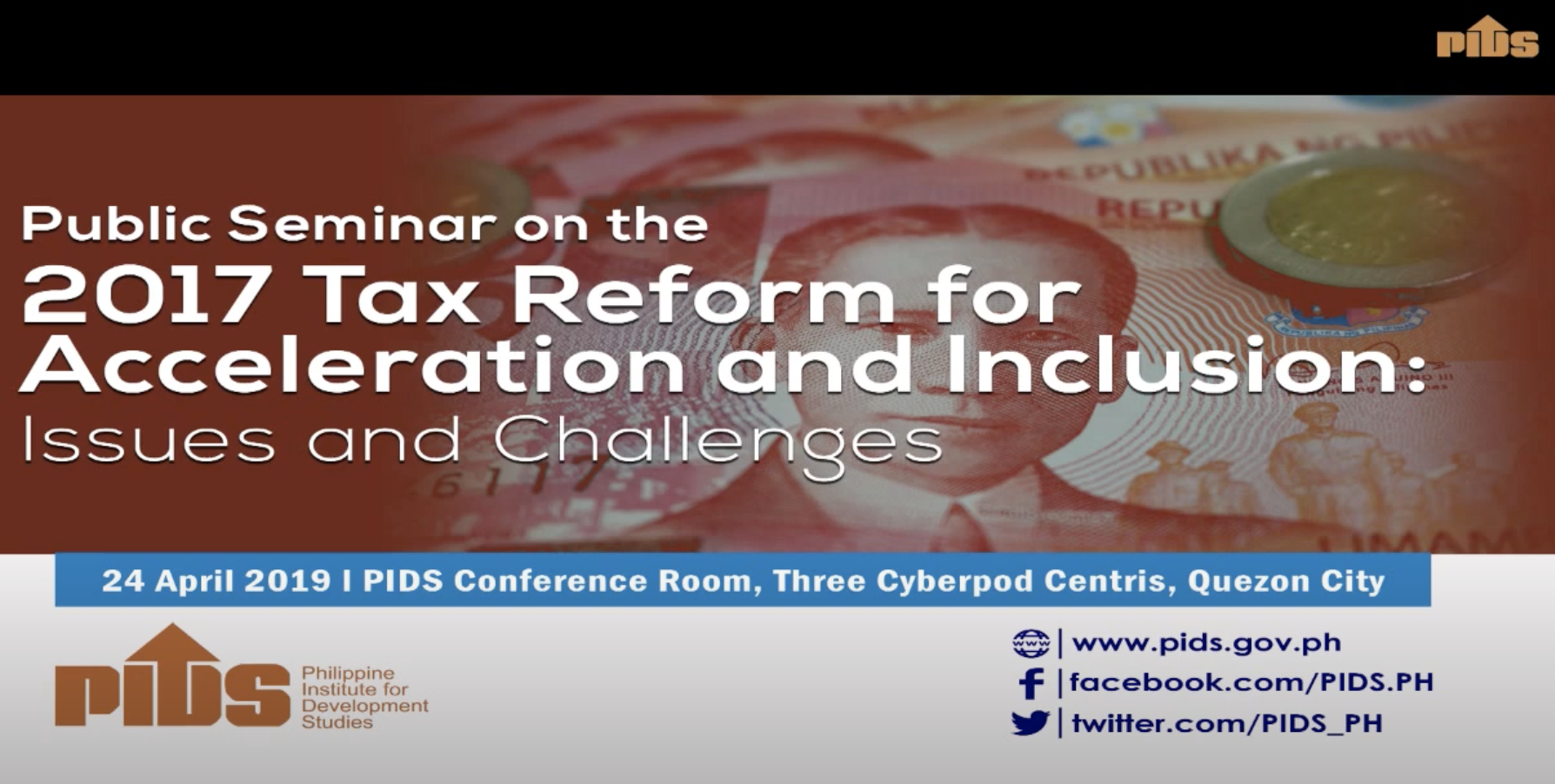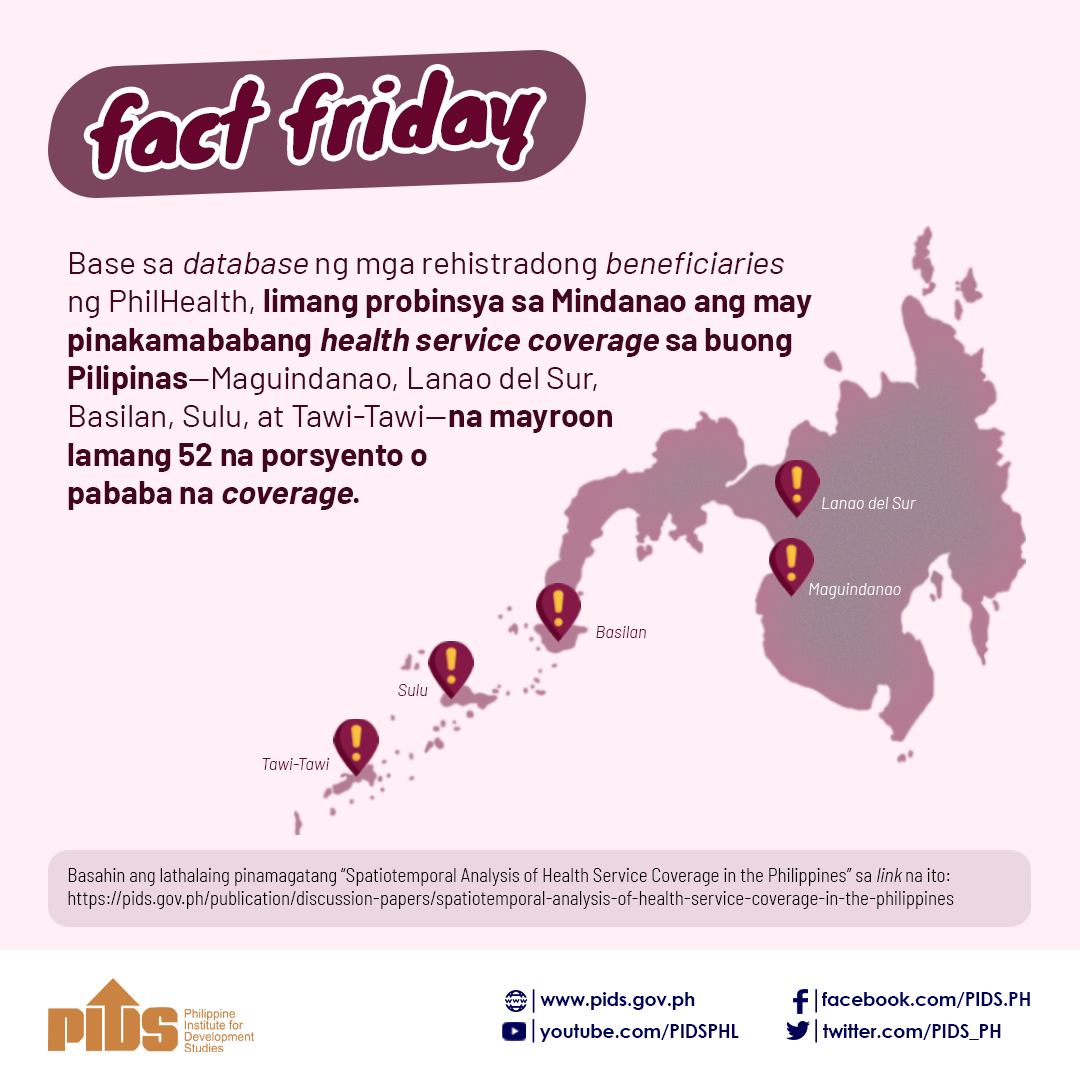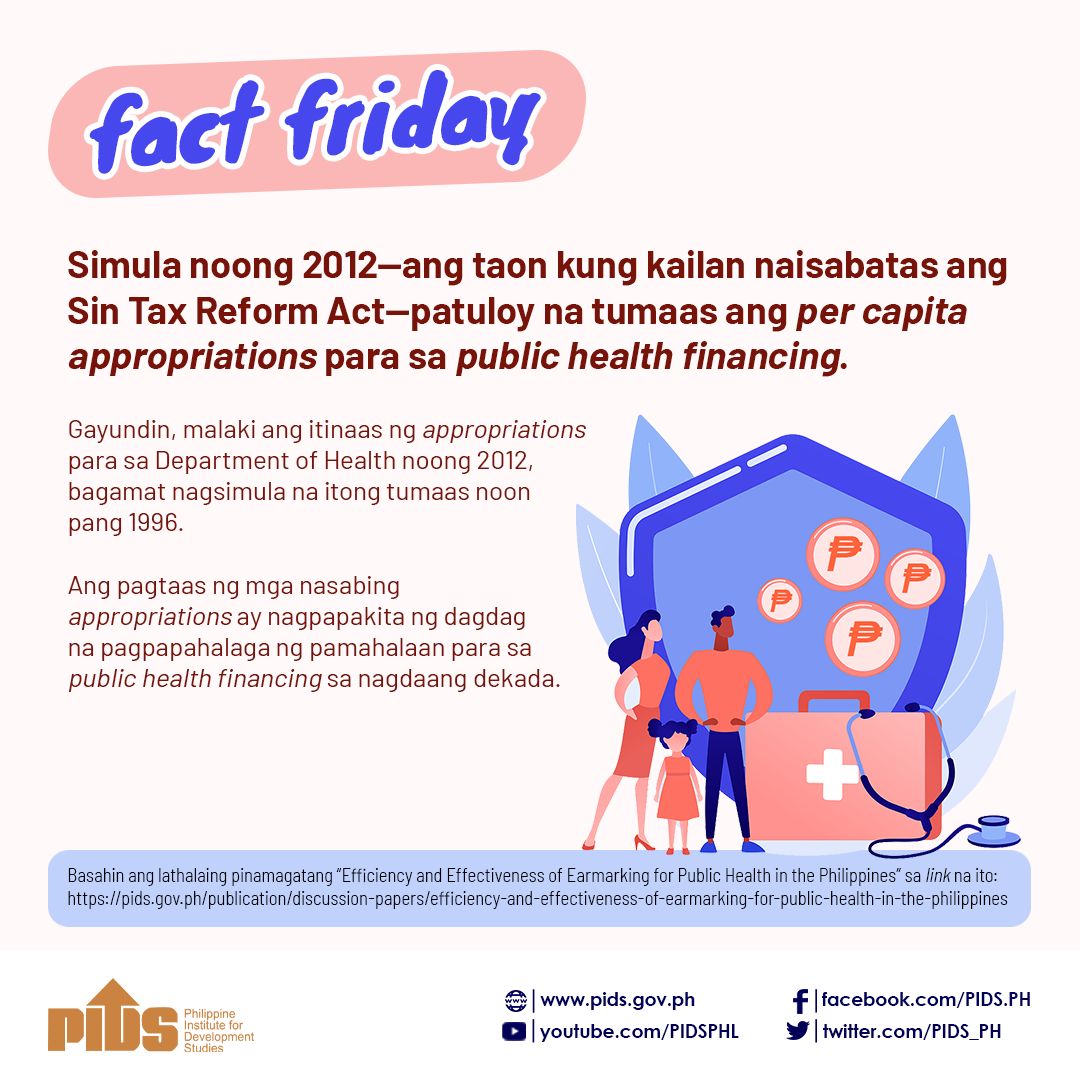Senate Minority Leader Ralph Recto is seeking today the condonation of all unpaid amortizations of agrarian reform beneficiaries, saying such a move will not only spare farmers from piling debts but also spur agricultural productivity all over the country.
Recto urged President Duterte to formally back Senate Bill 262, "saying that debt forgiveness is the best stimulus for the agrarian sector."
"We have bailed out banks and companies owned by billionaires. We have allowed power sector obligations to migrate as national debts. If we have pursued a debt forgiveness strategy for many troubled companies, why not one for poor farmers?" Recto said in justifying his proposal.
Referring to the mothballed facility in Bataan, the senator noted that "two generations of Filipinos had even paid billions of pesos for one lemon nuclear power plant which did not produce a single watt of electricity."
Recto said his bill is needed to authorize the cancellation of the obligations owed to the government by farmer-beneficiaries for parcels of land received.
According to one estimate, only P2.5 billion of the projected P14.3 billion collectible land amortization payments was actually collected from 1987 to 2004, Recto said.
A government think-tank, the Philippine Institute for Development Studies, revealed that the average land amortization collection rate by Land Bank of the Philippines from 1988 to 2008 was about 23 percent.
"Certainly, in the past, we have awarded bigger debt reprieves to a few. This one, with a lesser amount, is owed by many," Recto said.
"Given the situation, it can even be argued that a debt condonation is more urgent than a land conversion moratorium," Recto said, referring to a Palace announcement that Duterte will soon order a two-year freeze in the conversion of farmlands.
Recto said the high cost of agricultural inputs, low farm production and calamities have forced may farmers to miss out on amortization.
The minority leader stressed, however, that government must never abandon its policy of paying just compensation to landowners whose property were covered and distributed under the agrarian reform program.
"It is but fair for the landowners to receive payment for their land. There must be no disruption, nor delay of the repayment schedule," he said.
Recto said agrarian reform beneficiaries are having difficulty making both ends meet. "Requiring them to pay for the land awarded to them will only lead them to penury and to loan sharks."
"Instead of worrying where to get the money to pay for the land, agrarian reform beneficiaries must focus their efforts in making the land productive and in maximizing their new assets for higher income," he added.
"Kung hindi makakautang sa bangko ang mga magsasaka, tiyak na mapipilitan silang lumapit sa mga usurero. Isang bagyo lang ang dumaan, siguradong baon na sa utang ang mga kapatid natin sa bukid," he pointed out.
Earmarked capital repayments, he said, can be rechanneled to boost food production. "This will redound to more food on the table at a lower cost."
Recto explained that agrarian reform beneficiaries could maximize the full potential of their new assets if only the government would provide them with enough capital for farm inputs and other support services throughout the planting season.
Banks must also be encouraged to provide more windows for credit to farmers to ensure that they have sufficient capital to make the land productive, Recto added.
While they account for 30 percent of the country's workforce, farmers and fishermen make up almost 40 percent of the country's poor.
"In short, this is a strategy to raise food production and bring down the number of the rural poor," Recto said.
Recto urged President Duterte to formally back Senate Bill 262, "saying that debt forgiveness is the best stimulus for the agrarian sector."
"We have bailed out banks and companies owned by billionaires. We have allowed power sector obligations to migrate as national debts. If we have pursued a debt forgiveness strategy for many troubled companies, why not one for poor farmers?" Recto said in justifying his proposal.
Referring to the mothballed facility in Bataan, the senator noted that "two generations of Filipinos had even paid billions of pesos for one lemon nuclear power plant which did not produce a single watt of electricity."
Recto said his bill is needed to authorize the cancellation of the obligations owed to the government by farmer-beneficiaries for parcels of land received.
According to one estimate, only P2.5 billion of the projected P14.3 billion collectible land amortization payments was actually collected from 1987 to 2004, Recto said.
A government think-tank, the Philippine Institute for Development Studies, revealed that the average land amortization collection rate by Land Bank of the Philippines from 1988 to 2008 was about 23 percent.
"Certainly, in the past, we have awarded bigger debt reprieves to a few. This one, with a lesser amount, is owed by many," Recto said.
"Given the situation, it can even be argued that a debt condonation is more urgent than a land conversion moratorium," Recto said, referring to a Palace announcement that Duterte will soon order a two-year freeze in the conversion of farmlands.
Recto said the high cost of agricultural inputs, low farm production and calamities have forced may farmers to miss out on amortization.
The minority leader stressed, however, that government must never abandon its policy of paying just compensation to landowners whose property were covered and distributed under the agrarian reform program.
"It is but fair for the landowners to receive payment for their land. There must be no disruption, nor delay of the repayment schedule," he said.
Recto said agrarian reform beneficiaries are having difficulty making both ends meet. "Requiring them to pay for the land awarded to them will only lead them to penury and to loan sharks."
"Instead of worrying where to get the money to pay for the land, agrarian reform beneficiaries must focus their efforts in making the land productive and in maximizing their new assets for higher income," he added.
"Kung hindi makakautang sa bangko ang mga magsasaka, tiyak na mapipilitan silang lumapit sa mga usurero. Isang bagyo lang ang dumaan, siguradong baon na sa utang ang mga kapatid natin sa bukid," he pointed out.
Earmarked capital repayments, he said, can be rechanneled to boost food production. "This will redound to more food on the table at a lower cost."
Recto explained that agrarian reform beneficiaries could maximize the full potential of their new assets if only the government would provide them with enough capital for farm inputs and other support services throughout the planting season.
Banks must also be encouraged to provide more windows for credit to farmers to ensure that they have sufficient capital to make the land productive, Recto added.
While they account for 30 percent of the country's workforce, farmers and fishermen make up almost 40 percent of the country's poor.
"In short, this is a strategy to raise food production and bring down the number of the rural poor," Recto said.

